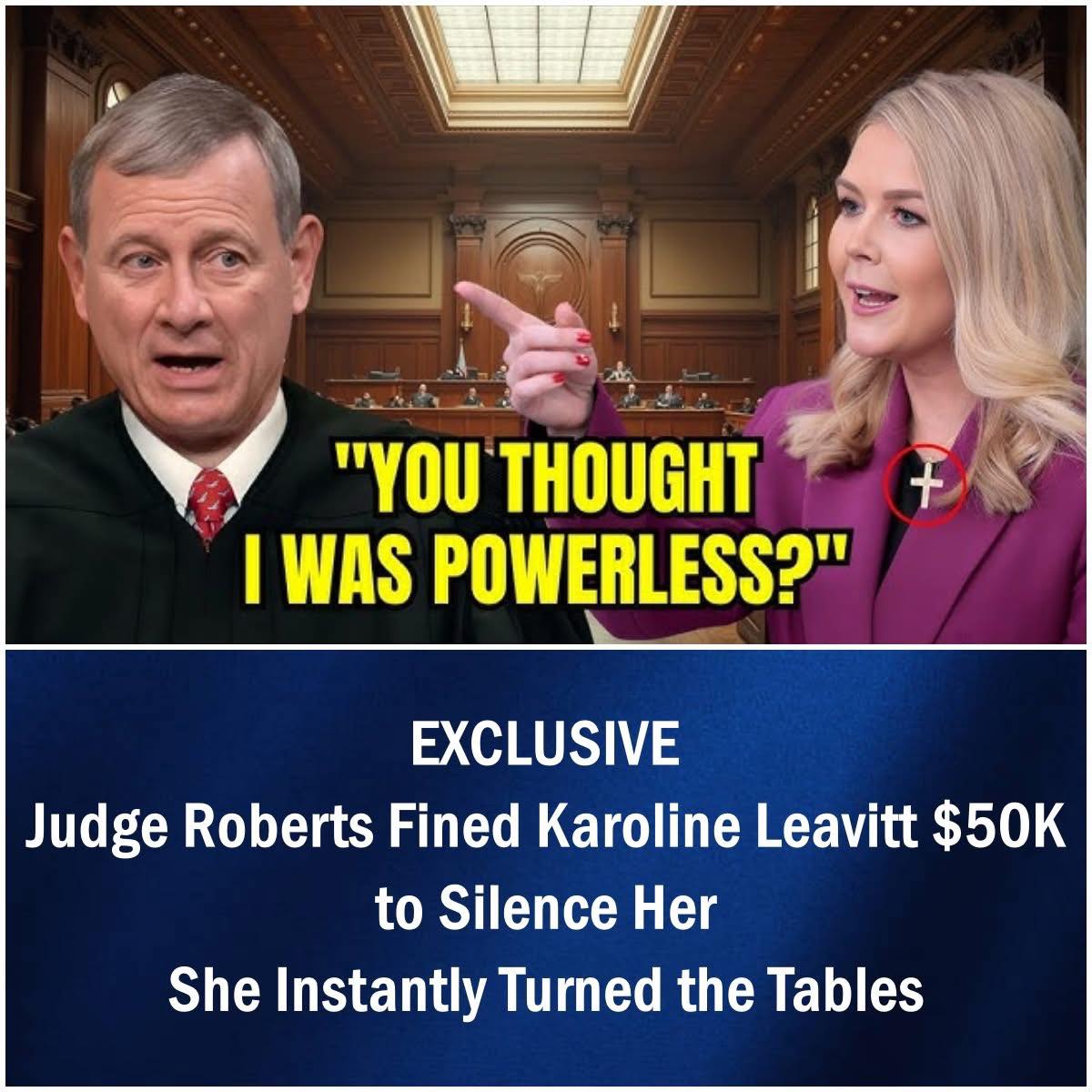Courtroom Stand Sparks National Debate on Justice and Due Process
Video source 1:

Video source 2:
A crisp winter wind blew through Washington, D.C., but inside a federal courthouse, the atmosphere was even more tense. What had been scheduled as a routine hearing quickly captured the attention of reporters, staffers, and legal observers—drawn by a growing sense that something important was unfolding.
A spokesperson for a well-known public figure entered the courtroom, calm and composed. At the bench sat the presiding judge, his expression unreadable. Without warning or formal presentation, he issued a sudden decision: “The defendant has violated the Federal Communications Act. A fine of $50,000 is imposed.”
There had been no opportunity for testimony, no evidence reviewed—just a pronouncement.
The spokesperson rose to address the court. “Your honor, we haven’t even begun. I respectfully request the opportunity to present a defense.”
But the judge shut her down. “There’s nothing to discuss.”
Still, she stood her ground. “Every injustice deserves a witness,” she said.
Her words hung in the room, firm and unwavering.
Moments later, the court recessed. When it resumed, a different judge—widely known for impartiality—had taken the bench.
“You may proceed,” he said.
What followed was a clear and compelling defense. The spokesperson pointed out the absence of documented evidence, cited legal precedent, and emphasized the principle that everyone deserves the chance to be heard before judgment is passed. When the government’s own investigator acknowledged there was no concrete proof, the room shifted. It wasn’t just about one case—it became about the integrity of the process.
“This system should not operate in the shadows,” she said. “Its duty is to serve the public with fairness and transparency.”
After a pause, the new judge delivered his decision: “There is insufficient evidence. The charge is dismissed.”
There were no loud celebrations, just a quiet sense of justice being restored. The spokesperson didn’t raise her voice—her steady presence was enough.
News of the hearing spread quickly. Legal experts, public officials, and community advocates took notice. Many saw her stand as a symbol of a broader call for fairness in how decisions are made and how accountability is upheld.
As she left the courthouse that day, it wasn’t just about a legal victory. It was about reminding everyone that fairness matters—and that meaningful change often begins when someone chooses to speak up.
Justice isn’t just a legal term—it’s a promise to listen, to examine, and to ensure everyone gets their chance to be heard.




